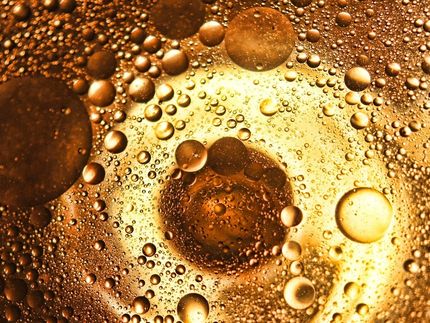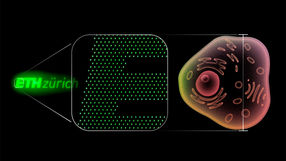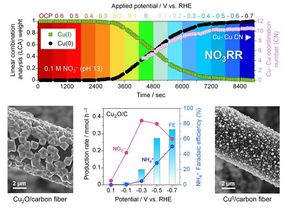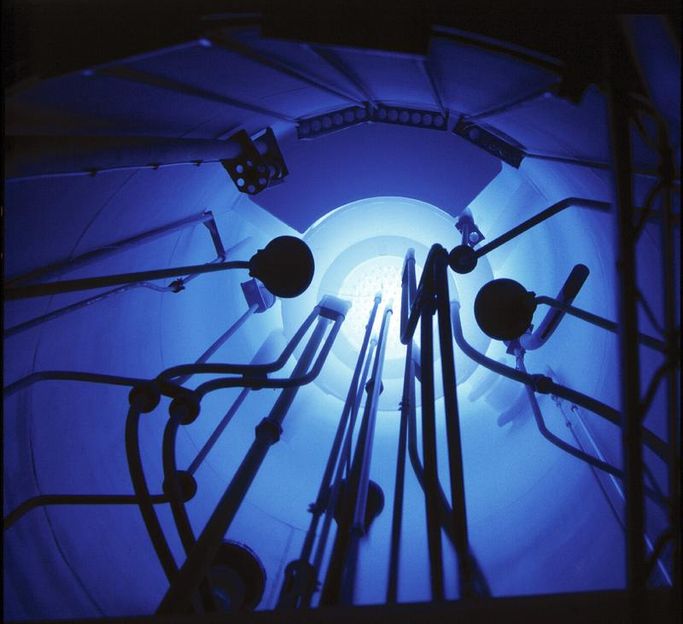How bacteria can be "tamed" for sustainable plastics production
Research team at Giessen University develops new system for tailored control of gene expression
Advertisement
Many bacteria have great potential for biotechnology, for example in the production of bioplastics or other industrially useful materials. But it is often difficult to "tame" the wild types of these biotechnologically interesting bacteria, i.e. to get them to produce the desired substance. The key to taming bacteria lies in controlling their gene expression, particularly those genes that are important for the production and degradation of the desired substance. A research team led by Dr. Matthew McIntosh at the Institute of Microbiology and Molecular Biology at Justus Liebig University Giessen (JLU) has now developed a new system for the tailored control of gene expression, for which a patent application is already pending. Gene expression controls the new synthesis of proteins that perform specific tasks in the cell.

The wild-type cells of the bacterium Rhodobacter sphaeroides (left figure) were modified using the new technique ACIT to increase cell size. In the enlarged cells (figure right), the accumulation of the deposited energy storage molecule polyhydroxybutyrate (PHB), which serves as the basis for biodegradable plastics, is visible in yellow.
Matthew McIntosh
The new system is called ACIT (Alphaproteobacteria chromosomally integrating transcription-control cassette). At the heart of this invention is the ability to rapidly adapt gene control mechanisms to specific bacteria and growth conditions. "Some of the known systems for controlling gene expression can be used in model organisms such as E. coli after years of fine-tuning, but do not work well in many wild types of biotechnological interest," said Dr. Matthew McIntosh. "Typical problems include weak expression or uncontrolled expression." However, the ACIT system also provides a basis for controlling gene expression in less studied bacteria.
In the study, the research team shows, among other things, that the ACIT system makes it possible to elongate a bacterial cell hundreds of times, creating more storage space for useful polymers that accumulate in the cell. For example, the fully biodegradable energy storage molecule polyhydroxybutyrate (PHB), which is used in industry as a basis for biodegradable plastic, can be produced cheaply. Controlled gene expression is useful for a variety of other biotechnological applications, as well as for studying gene regulation and function in bacteria.
Dr. Matthew McIntosh has been conducting research at JLU since 2018. His team focuses on constructing novel regulatory pathways that can optimize gene expression in any bacterium of interest, particularly for fermentation. In addition, current research projects focus on engineering microbes capable of degrading waste or other cheap biomass sources - for example, agricultural waste, waste paper or algae - to produce low-cost polymers useful to industry.
Note: This article has been translated using a computer system without human intervention. LUMITOS offers these automatic translations to present a wider range of current news. Since this article has been translated with automatic translation, it is possible that it contains errors in vocabulary, syntax or grammar. The original article in German can be found here.






























































